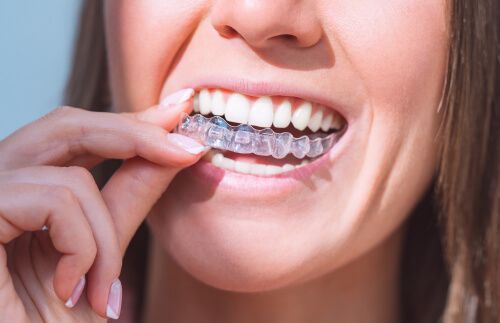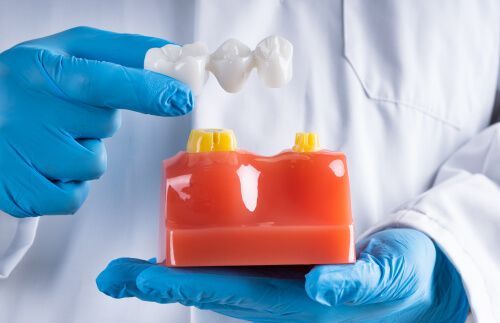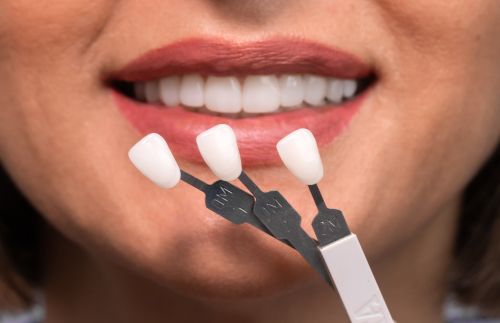
Dental implants have become the gold standard for replacing missing teeth, offering a solution that not only looks natural but also functions like a real tooth. However, a common question arises: Are dental implants truly permanent? While implants are designed to be a long-lasting solution, their permanence depends on various factors such as oral hygiene, lifestyle choices, and overall health.

Invisalign has transformed orthodontic care, offering a discreet and comfortable alternative to traditional braces. However, as more patients choose Invisalign, questions about its impact on oral health, particularly the risk of gum recession, have emerged. While Invisalign is known for its convenience and effectiveness, the relationship between aligner use and gum health is less commonly explored.

Pregnancy is a time of heightened awareness about health, and this extends to dental care. Many expectant mothers face the dilemma of whether it’s safe to undergo certain dental procedures, such as root canals, during pregnancy. While the focus is often on avoiding risks, it’s important to consider the potential dangers of untreated dental infections, which can have serious implications for both the mother and the baby.

Dental bridges are a well-established solution in restorative dentistry, yet many patients are unaware of how they function or the range of options available. Unlike more commonly discussed treatments like implants, dental bridges offer a unique method of replacing missing teeth by leveraging the strength of surrounding teeth.

Gum disease, a common but often overlooked condition, can significantly impact various aspects of oral health, including the possibility of receiving dental implants. At Sindledecker Dentistry, we understand that many patients may be concerned about how periodontal disease could affect their candidacy for implants.

Thanksgiving signals the kickoff to the holiday season—a time marked by abundant feasts, indulgence, and cherished moments with loved ones. While celebrating gratitude seems like a universal practice, Thanksgiving is officially observed in only a handful of countries, and the United States is among them.




